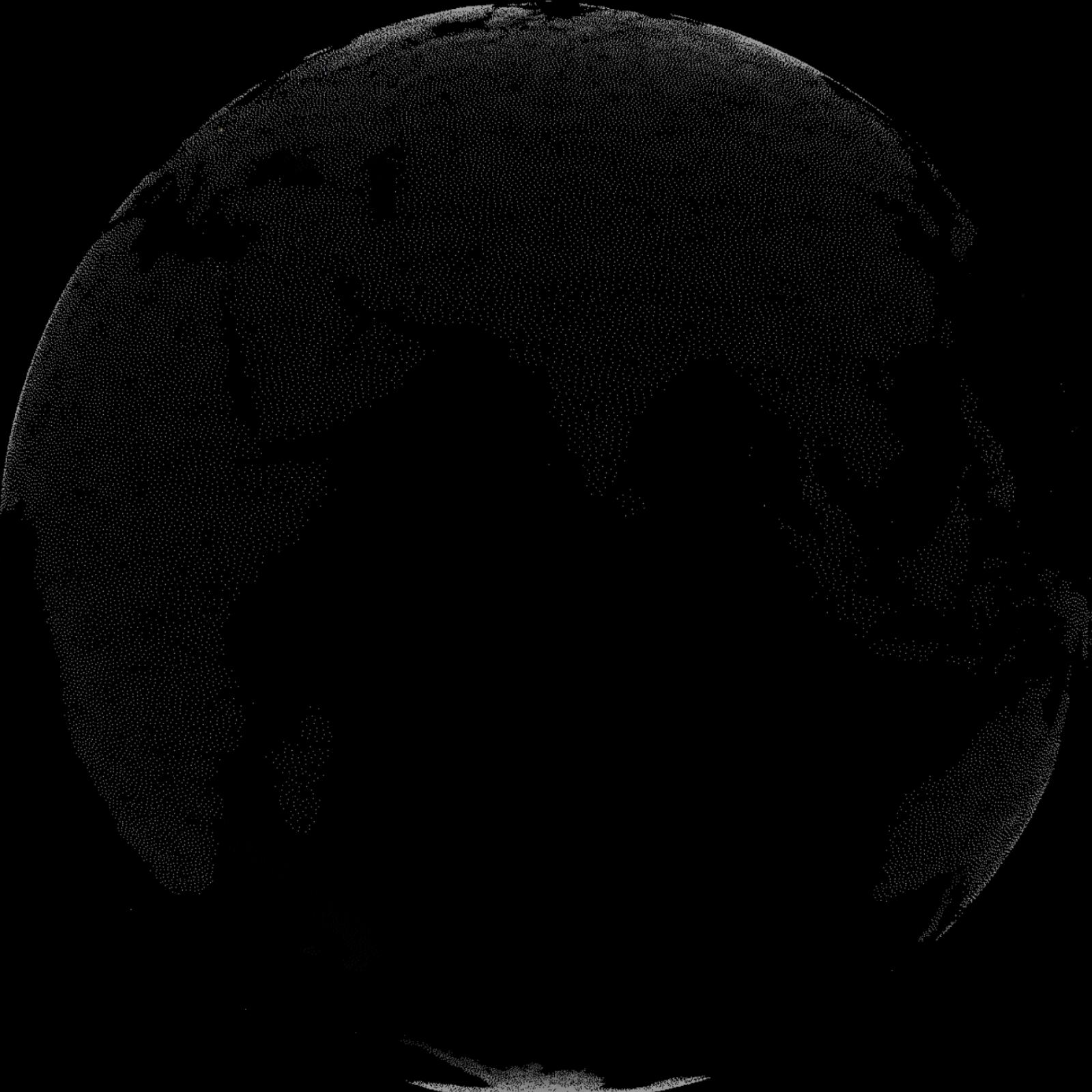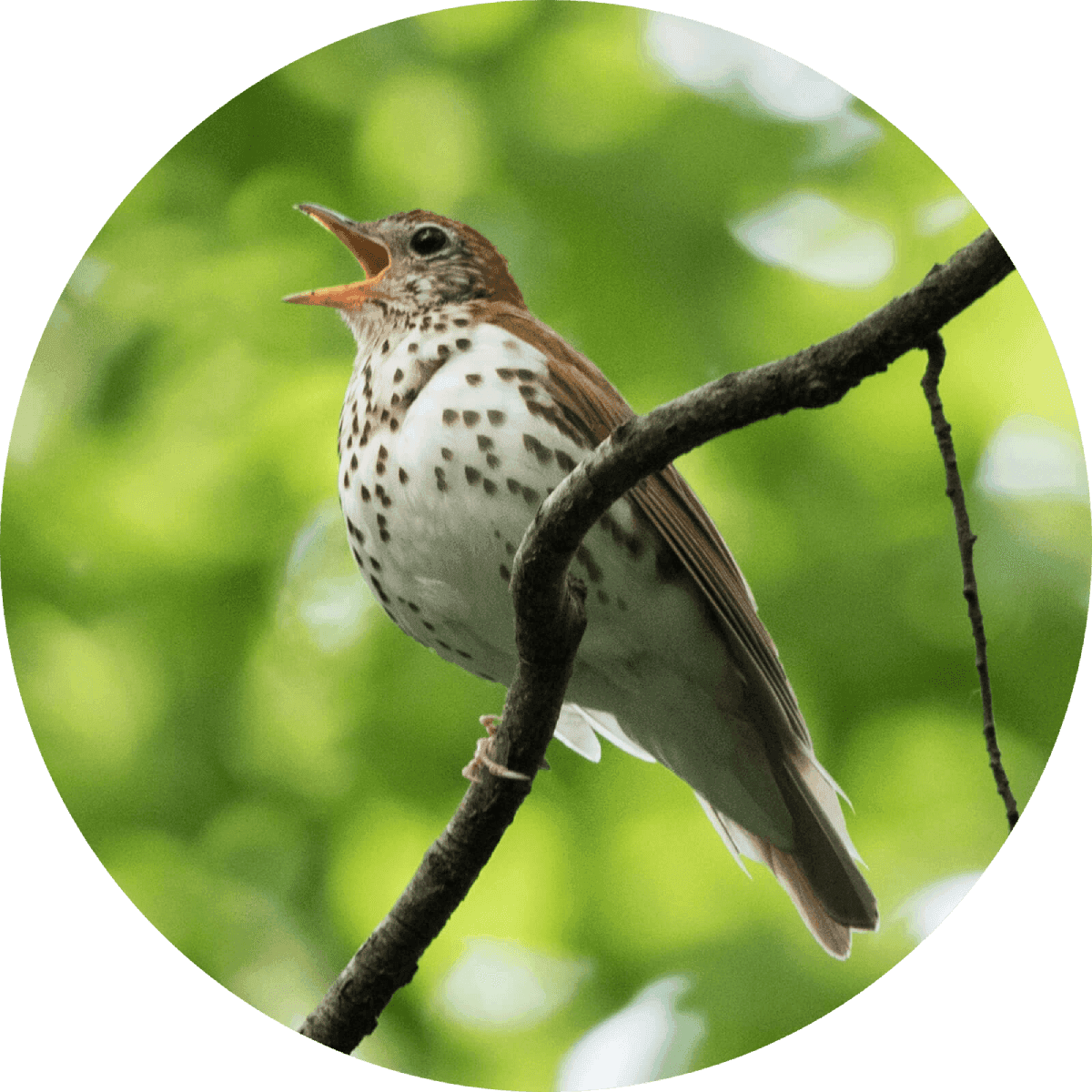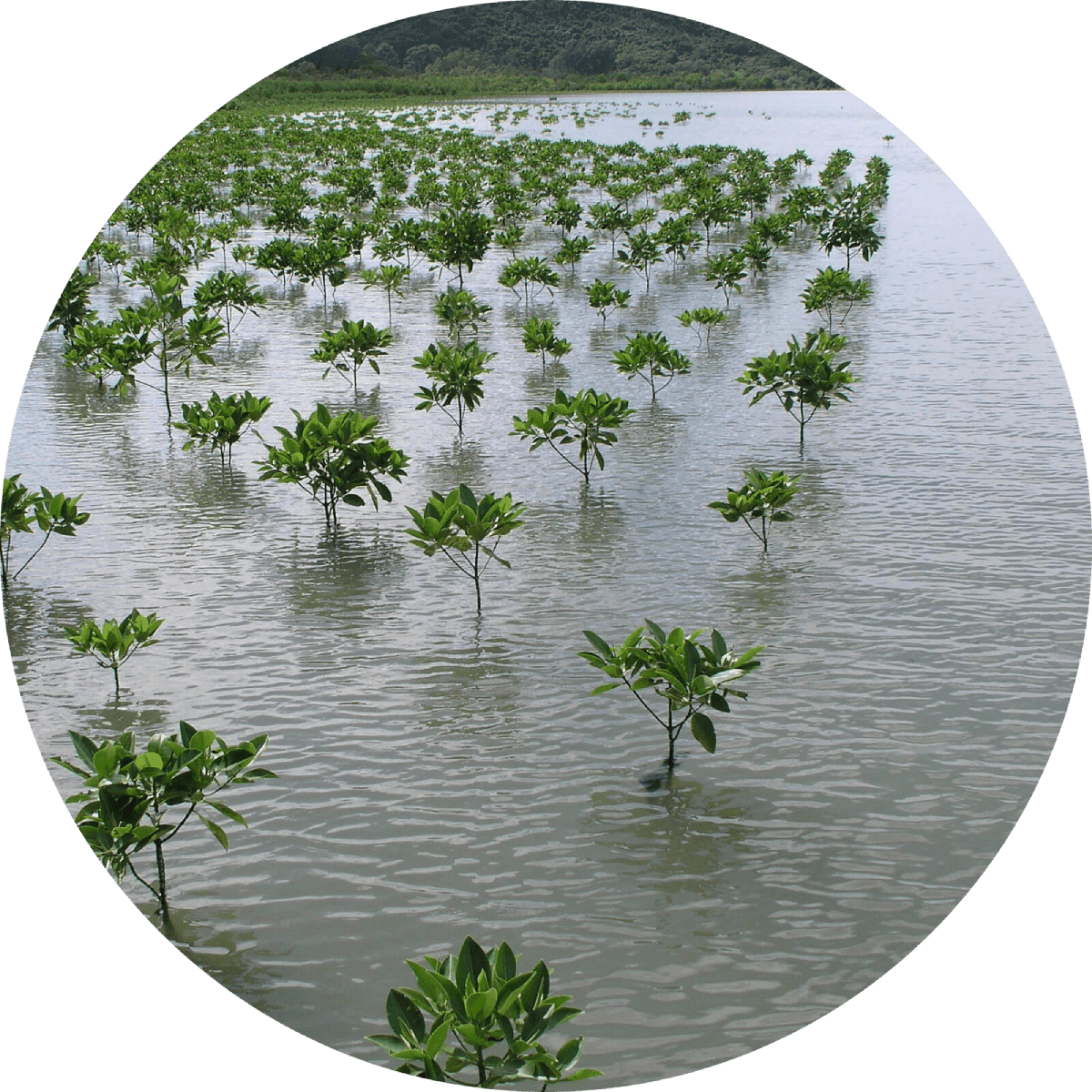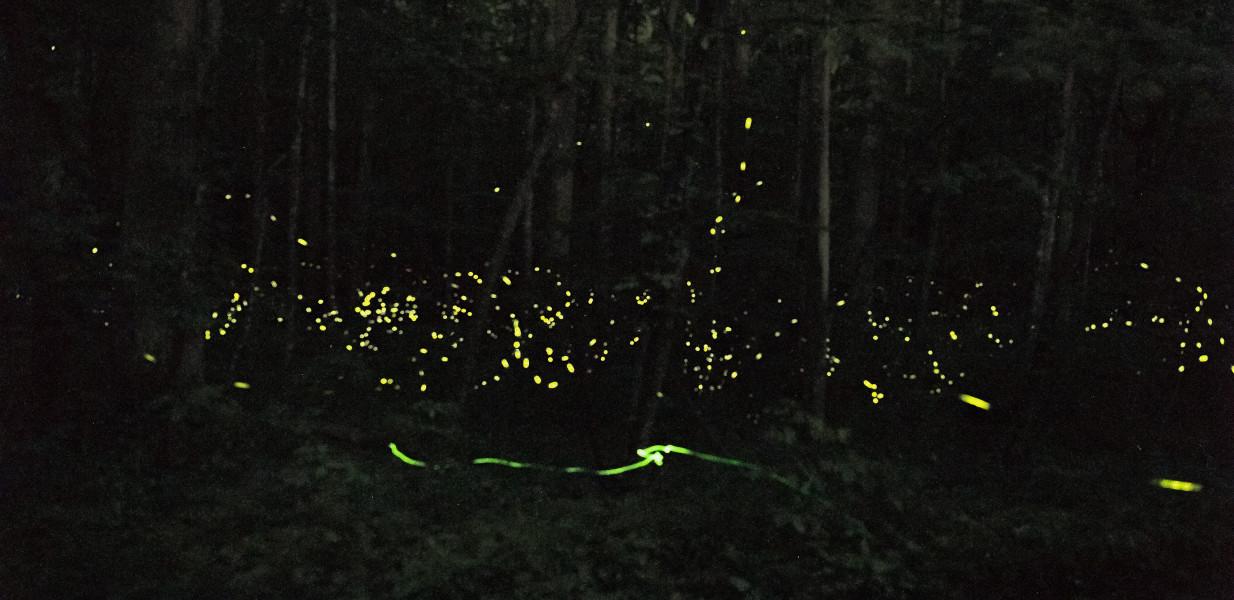Ivory Coast Toxic Waste Dump
2006 • Abidjan, Côte d'Ivoire
"Why do the big industrialized countries…dump in a country which has no treatment structure: it’s a nastiness. We are treated like we have no value." —Geneviéve Diallo, Resident of Akouédo, Côte d'Ivoire 500 cubic meters of gasoline and 'spent caustic', a highly toxic petroleum byproduct, was illegally dumped in Abidjan, Côte d'Ivoire in August 2006. The company that generated the waste, Trafigura---a multinational oil and shipping corporation headquartered in Switzerland---paid a local Abidjan company to dispose of the waste for a low price. Shortly after the waste was dumped at six sites around Abidjan, local residents began falling ill. 26,000 people were ultimately treated for poisoning symptoms, and 15 people died. Trafigura denied all liability for the incident. While the environmental impact of the dump remains under-investigated, the UN High Commissioner for Human Rights stated in 2016, 'Recognizing the lasting adverse impacts that hazardous materials can have on water and soils, there is real concern for food safety and the health of future generations."
"Trafigura: A Toxic Journey," Amnesty International News, April 2016, https://www.amnesty.org/en/latest/news/2016/04/trafigura-a-toxic-journey/ additional source: "Côte d’Ivoire: 10 years on, survivors of toxic waste dumping ‘remain in the dark,’ say UN rights experts", United Nations News, 17 August 2016, https://news.un.org/en/story/2016/08/536822-cote-divoire-10-years-survivors-toxic-waste-dumping-remain-dark-say-un-rights


Learn about Maya Lin’s fifth and final memorial: a multi-platform science based artwork that presents an ecological history of our world - past, present, and future.

Discover ecological histories and stories of former abundance, loss, and recovery on the map of memory.

Learn how we can reduce our emissions and protect and restore species and habitats – around the world.

See how art can help us rethink the problems we face, and give us hope that each one of us can make a difference.

Help make a global memorial something personal and close to home. Share your stories of the natural world.


